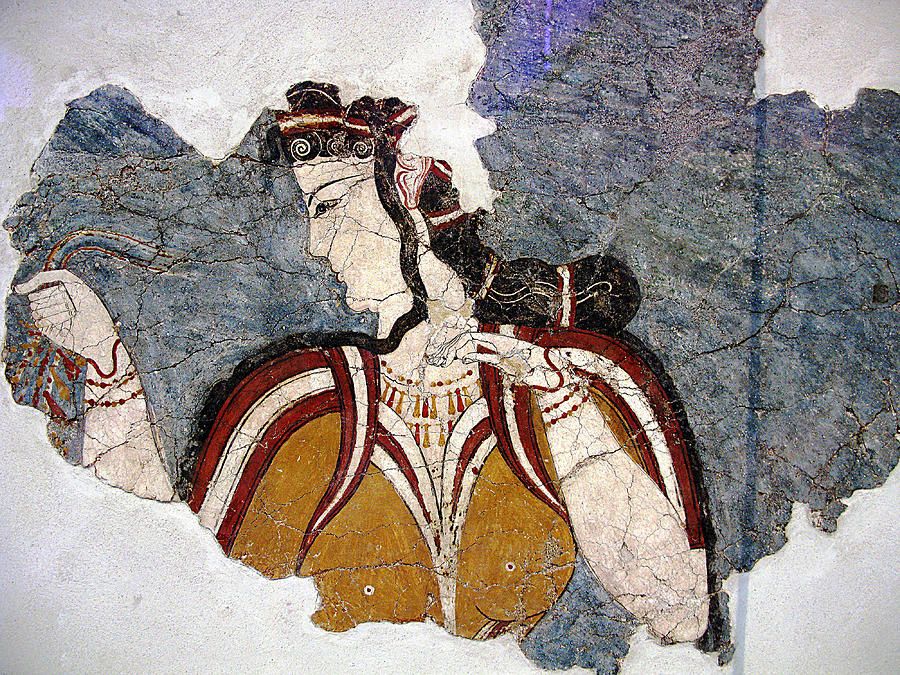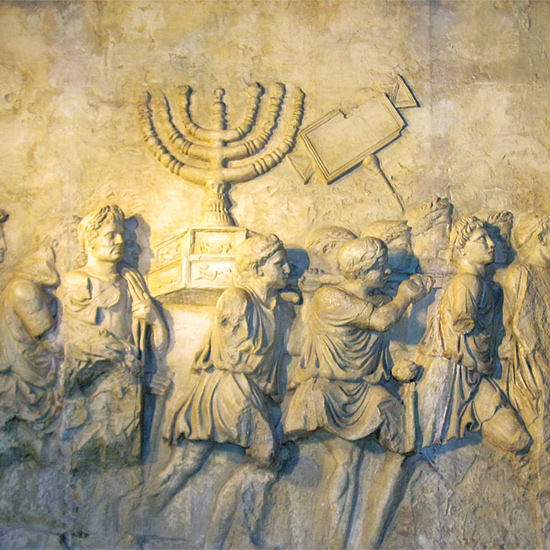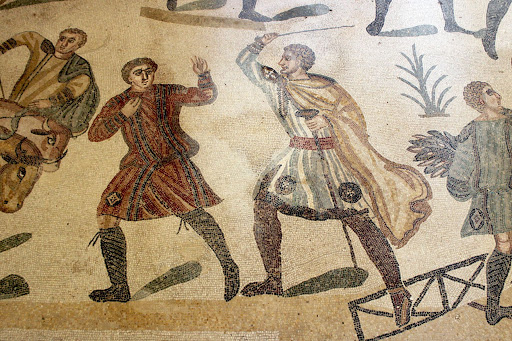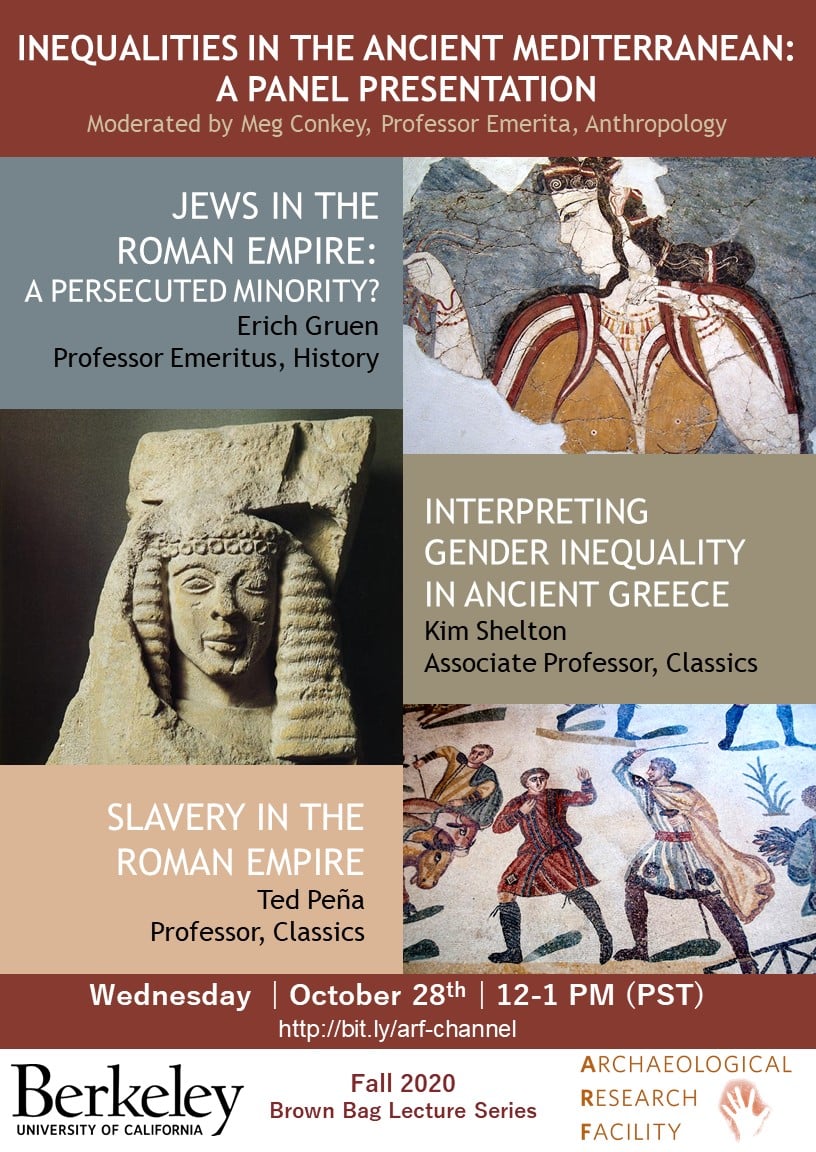



Check out this recent panel discussion featuring Drs. Kim Shelton, Erich Gruen, and Ted Peña
Recently Dr. Shelton participated in a fascinating panel discussion moderated by Meg Conkey, Professor Emerita of Anthropology. The discussion, entitled “Inequalities in the Ancient Mediterranean,” featured three presentations (detailed below) by distinguished scholars associated with the Classics Department here at UCB. Below we share short blurbs about these presentations, but we encourage you to watch the full lecture on the Archaeological Research Facility YouTube Channel.
First on the docket was Dr. Shelton with her presentation: ” Interpreting Gender Inequality in Ancient Greece.” She presented evidence of gender inequality from the visual record (specifically vase paintings, frescoes, etc.) and compared it to the archaeological and historical evidence provided by ancient texts and archaeological sites. She also pointed out how gender roles among the gods and goddesses are in complete contrast to those in the actual ancient society that worshipped them.
Next up, Professor Emeritus of History, Dr. Erich Gruen, presented “Jews in the Roman Empire: A Persecuted Minority?” He explored the Jewish experience in light of Roman attitudes toward alien religions generally. He asked whether Rome’s normally tolerant reception of sects and cults from various parts of the Hellenic and Near Eastern worlds gave way to prejudice and persecution when it came to Jews.
Rounding out the panel was Dr. J. Theodore Peña, Professor of Classics, with “Slavery in the Roman Empire.” Dr. Peña showed how the population of the Roman empire consisted of persons who were free-born, enslaved, or ex-slaves who had been emancipated, and how the fact of slavery was a defining characteristic of Roman social and economic organization. Even though we know a great deal about some aspects of Roman slavery from evidence such as funerary epitaphs, the experience of Roman slaves remains obscure to us in many regards and it is only in recent years that scholars have made a concerted effort to “find” slaves in the archaeological record. He illustrates some of the possibilities and challenges involved in work of this kind by highlighting research that he is currently carrying out at Pompeii.

Leave a Reply